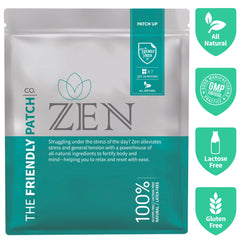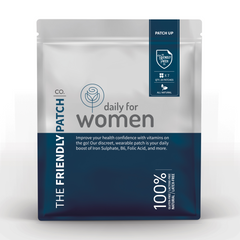Melatonin is a hormone primarily associated with regulating sleep in humans and animals. However, recent studies have suggested that melatonin is also produced in plants. This has led to a growing interest in whether melatonin is a plant hormone and if it has any role in regulating sleep in plants. This article will explore the evidence for plant-based melatonin and its potential benefits for humans.
Do Plants Produce Melatonin?
Several studies have reported melatonin's presence in various plant species. For example, melatonin has been found in rice, barley, tomato, grape, and other plants. Melatonin levels in plants can vary depending on the species, the time of day, and the environmental conditions.
Is Melatonin a Plant Hormone?
Melatonin is not a classical plant hormone, such as auxins, gibberellins, or cytokinins. However, it has been suggested that melatonin may act as a plant signaling molecule, regulating various physiological processes, such as growth, development, and stress responses. This hypothesis is based on several lines of evidence, including the presence of melatonin receptors in plant cells, the effects of exogenous melatonin on plant growth and development, and the co-regulation of melatonin biosynthesis with other plant hormones.
Does Melatonin Regulate Sleep for Plants?
Sleep-in plants are still debated, as plants do not have a central nervous system or brain like animals. However, some researchers have proposed that plants may have a circadian rhythm similar to the sleep-wake cycle in animals. Melatonin has been suggested to play a role in regulating the circadian rhythm of plants, as it does in animals.
Studies have shown that melatonin can modulate the expression of clock genes responsible for regulating the circadian rhythm in plants. Melatonin has also been found to influence the photosynthesis rate, the stomatal movement, and the growth and development of plants. These effects may be related to regulating the circadian rhythm and responding to environmental stimuli, such as light and temperature.
Can Humans Use Plant-Based Melatonin?
Plant-based melatonin has been proposed as a natural supplement for humans, as it may have similar effects to synthetic melatonin. Synthetic melatonin is commonly used as a sleep aid patch and to alleviate jet lag, as it can reset the body's circadian rhythm.
Conclusion
In conclusion, melatonin is produced in plants and may play a role in regulating physiological processes, such as growth, development, and stress responses. While melatonin is not considered a classical plant hormone, it may act as a signaling molecule in plants, similar to its role in animals. The potential benefits of plant-based melatonin patch for humans are still being explored.






